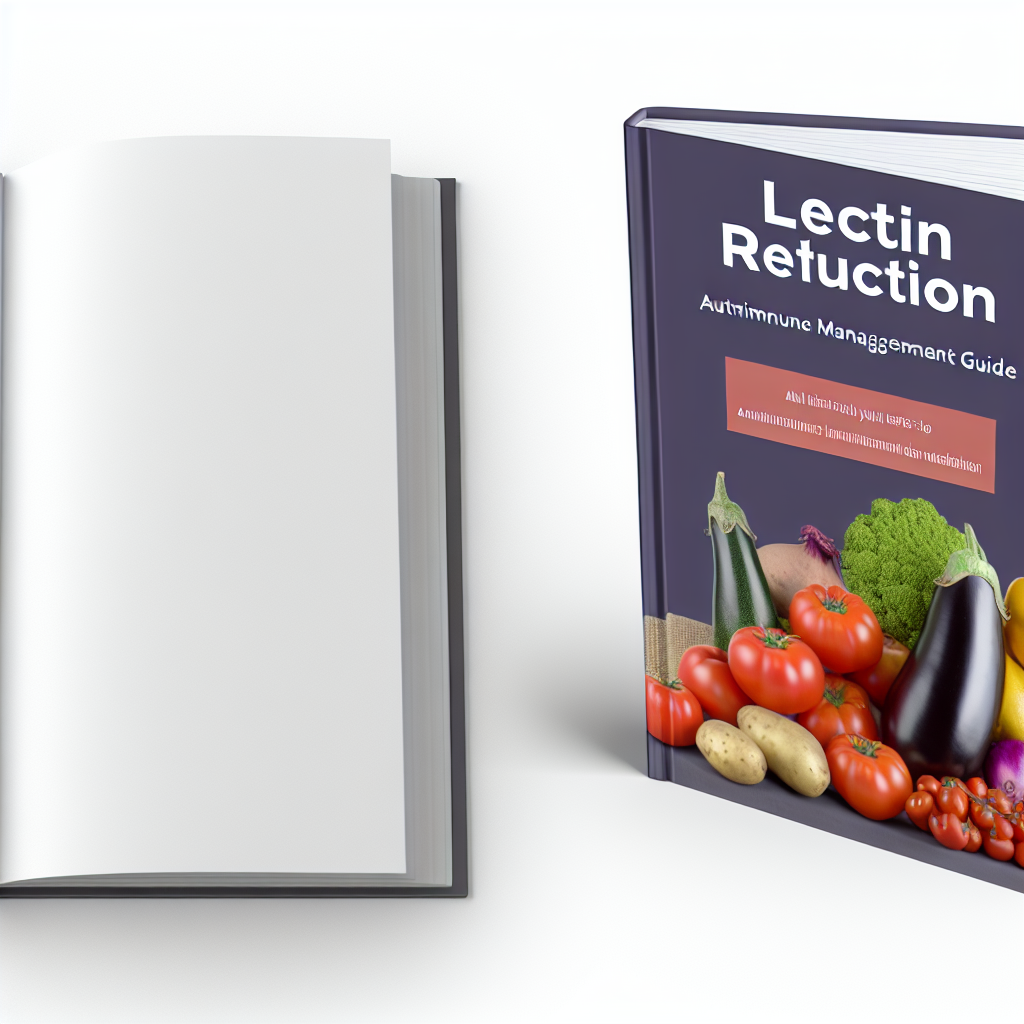Natural Dementia Prevention: Latest Studies
Introduction
Dementia is a broad term used to describe a decline in cognitive function severe enough to interfere with daily life. It manifests as memory loss, confusion, disorientation, and difficulty reasoning or solving problems. The most common cause of dementia is Alzheimer’s disease, but other conditions like vascular dementia and Lewy body dementia also contribute to cognitive decline. As life expectancy continues to rise globally, so does the prevalence of dementia, making it one of the most pressing public health challenges today.
Currently, there is no known cure for dementia, making prevention a crucial focus for researchers, healthcare professionals, and individuals wanting to maintain cognitive health in later years. While genetics and aging play key roles in dementia risk, recent studies have highlighted a significant link between lifestyle and cognitive function. Natural strategies focusing on diet, exercise, herbal medicine, and holistic treatments have gained popularity as potential methods to protect the brain and reduce the risk of dementia.
With global interest in natural and preventive healthcare rising, several studies have emerged evaluating the effectiveness of natural compounds, traditional herbal remedies, and homeopathic treatments in slowing cognitive decline. These approaches aim to improve brain function, reduce inflammation, and support overall neural health. Some plant-based compounds, such as curcumin (from turmeric), resveratrol (found in grapes and berries), and ginkgo biloba, have shown promising results in early research for their neuroprotective properties. Additionally, lifestyle interventions such as meditation, sleep optimization, and physical activity have been recognized as crucial elements in reducing dementia risk.
This article explores the latest advancements in natural dementia prevention, shedding light on promising studies, the role of nutrition and herbal treatments, and lifestyle adjustments that may help safeguard brain health. Whether you’re interested in natural remedies or looking for holistic ways to maintain cognitive function, this research-backed discussion presents valuable insights into dementia prevention strategies grounded in science.
Latest Studies on Natural Dementia Prevention
Recent scientific research has focused on the role of diet, supplements, and holistic lifestyle modifications in preventing or delaying dementia. Below are some of the latest findings from medical and professional studies:
Turmeric and Curcumin: A Natural Brain Booster
Curcumin, the active compound in turmeric, has been extensively studied for its anti-inflammatory and antioxidant properties. A 2018 study conducted by the University of California, Los Angeles (UCLA) assessed the impact of curcumin on memory performance in adults aged 50-90 without signs of dementia. The results, published in the American Journal of Geriatric Psychiatry, found that daily supplementation with curcumin improved memory and attention over an 18-month period ([Source](https://www.ncbi.nlm.nih.gov/pmc/articles/PMC5783809/)).
Curcumin has been shown to reduce amyloid plaque buildup, a hallmark of Alzheimer’s disease, and decrease neuroinflammation, which contributes to cognitive decline. This natural compound’s antioxidant properties help protect brain cells from damage, making it a promising supplement for dementia prevention.
The Mediterranean Diet: A Recipe for Brain Health
A mounting body of evidence suggests that diet plays a pivotal role in brain health. The Mediterranean diet—rich in fruits, vegetables, whole grains, nuts, olive oil, and lean proteins—has been linked to a lower risk of cognitive impairment.
A 2021 study published in Frontiers in Nutrition analyzed 34 different research papers on the Mediterranean diet’s impact on cognition. The review found that individuals who adhered to the diet had a significantly lower risk of dementia and neurodegenerative diseases ([Source](https://www.frontiersin.org/articles/10.3389/fnut.2021.747980/full)). The diet’s high content of antioxidants and healthy fats supports brain cell regeneration and reduces inflammation, factors strongly associated with reducing dementia risk.
Ginkgo Biloba: Ancient Wisdom for Memory Retention
Ginkgo biloba has been widely utilized in traditional Chinese medicine for its cognitive-enhancing effects. A 2020 randomized controlled trial published in Advances in Therapy examined the benefits of ginkgo biloba in patients with mild cognitive impairment. Researchers found that daily supplementation helped enhance cognitive performance and slowed the progression of early-stage dementia ([Source](https://link.springer.com/article/10.1007/s12325-020-01403-8)).
Ginkgo biloba’s neuroprotective effects are largely attributed to its ability to improve blood circulation in the brain, reduce oxidative stress, and aid in neurotransmitter function. This natural supplement continues to be a popular choice for those looking to support their cognitive health naturally.
Move More, Think Better: The Role of Physical Activity
Exercise has long been recognized as a fundamental element of cognitive health. A significant 2019 study published in Neurology found that people who engaged in regular physical activity had a 30% lower risk of developing Alzheimer’s disease ([Source](https://n.neurology.org/content/92/13/e1468)).
Activities such as brisk walking, strength training, and yoga were found to enhance brain plasticity, promote blood circulation within the brain, and reduce harmful protein accumulations associated with dementia. Exercise also stimulates the production of brain-derived neurotrophic factor (BDNF), a protein that supports neuron growth and cognitive function.
Sleep Your Way to a Healthier Brain
Sleep quality has been increasingly recognized as a major determinant of cognitive health. A 2021 study published in Nature Communications found that individuals who consistently got less than six hours of sleep per night in midlife had a 30% greater risk of developing dementia later in life ([Source](https://www.nature.com/articles/s41467-021-22354-2)).
Researchers attribute this to the brain’s glymphatic system, which clears out toxic waste, including beta-amyloid plaques, during deep sleep. Establishing proper sleep hygiene, such as minimizing blue light exposure before bedtime, maintaining a consistent sleep schedule, and ensuring an optimal sleep environment, is essential for dementia prevention.
Conclusion
As dementia continues to affect millions worldwide, the scientific community is actively exploring natural, non-invasive methods to prevent cognitive decline. Various studies have demonstrated that specific dietary choices, herbal supplements, regular physical activity, and quality sleep are powerful tools in reducing dementia risk.
Research highlights curcumin’s neuroprotective properties, the Mediterranean diet’s ability to enhance brain health, and ginkgo biloba’s role in supporting memory retention. Moreover, the importance of exercise and sleep in maintaining cognitive function cannot be understated.
Although there is currently no cure for dementia, adopting natural preventive strategies based on the latest scientific findings offers promising prospects for maintaining brain health well into old age. As research continues to evolve, individuals seeking to protect their cognitive function can benefit from embracing holistic, evidence-based lifestyle choices. Incorporating these natural approaches into daily life not only aids in dementia prevention but also enhances overall well-being, ensuring a healthier, more fulfilled future.
**Summary:**
Recent studies have highlighted the potential of natural remedies and lifestyle interventions in preventing dementia. Compounds like curcumin, the Mediterranean diet, and ginkgo biloba have shown promising results in improving cognitive function and reducing the risk of dementia. Additionally, physical activity, sleep optimization, and other holistic approaches have been recognized as crucial elements in safeguarding brain health. By adopting these evidence-based, natural strategies, individuals can take proactive steps to maintain cognitive function and reduce the burden of dementia.
**References:**
1. [NCBI](https://www.ncbi.nlm.nih.gov/pmc/articles/PMC5783809/)
2. [Frontiers](https://www.frontiersin.org/articles/10.3389/fnut.2021.747980/full)
3. [Springer](https://link.springer.com/article/10.1007/s12325-020-01403-8)
4. [Neurology](https://n.neurology.org/content/92/13/e1468)
5. [Nature](https://www.nature.com/articles/s41467-021-22354-2)

Dominic E. is a passionate filmmaker navigating the exciting intersection of art and science. By day, he delves into the complexities of the human body as a full-time medical writer, meticulously translating intricate medical concepts into accessible and engaging narratives. By night, he explores the boundless realm of cinematic storytelling, crafting narratives that evoke emotion and challenge perspectives.
Film Student and Full-time Medical Writer for ContentVendor.com




